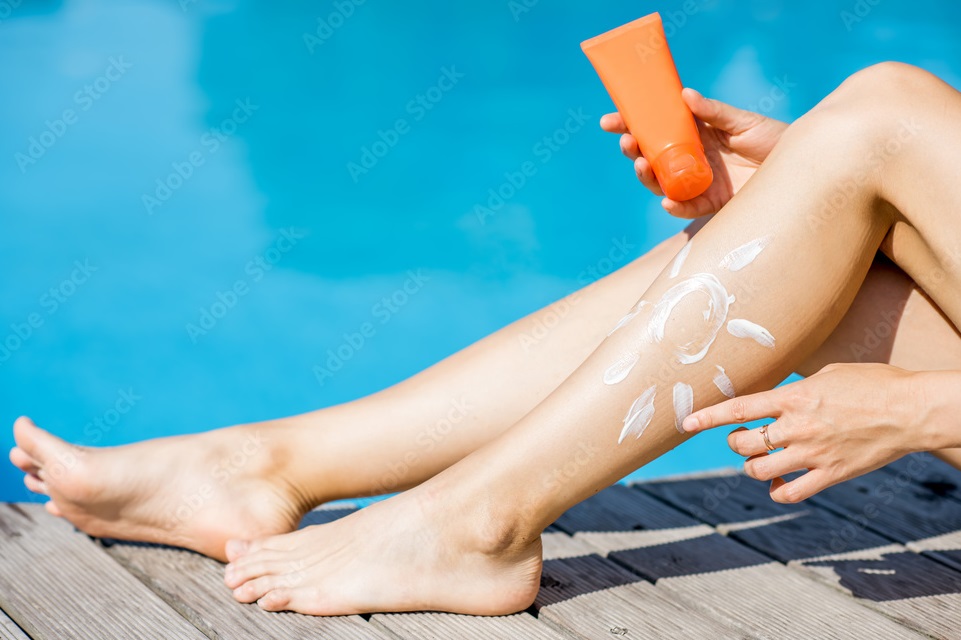When it comes to sunscreen, we all know it’s crucial for protecting our skin from harmful UV rays and preventing sunburn. But there’s a lingering question that many of us have: does slathering on sunscreen mean we’re missing out on our daily dose of vitamin D? Let’s break this down in simple terms.
Role of Vitamin D and Sunscreen
Vitamin D, often dubbed the “sunshine vitamin,” is essential for maintaining healthy bones, supporting the immune system, and regulating mood. Our body produces vitamin D when our skin is exposed to UVB rays from the sun. Sunscreen, on the other hand, works by absorbing or reflecting these UV rays to prevent sunburn and reduce the risk of skin cancer.
Science Behind Vitamin D Synthesis
When your skin is exposed to UVB radiation, a chemical reaction occurs that enables the production of vitamin D. Sunscreen, which contains various chemical and physical blockers, absorbs or reflects UV rays to protect the skin from damage. The effectiveness of a sunscreen is measured by its SPF (Sun Protection Factor) rating, which indicates how well it protects against UVB rays.
Does Sunscreen Really Block Vitamin D Production?
1. Sunscreen Doesn’t Completely Block Vitamin D:
While it’s true that sunscreen blocks UVB rays, it doesn’t shut down vitamin D production entirely. Think of it like this: sunscreen acts like a shield that reduces the amount of UVB reaching your skin, but it doesn’t block all of it. So, even with sunscreen on, your skin can still make some vitamin D.
2. Application and Effectiveness:
The effectiveness of sunscreen depends a lot on how much you use and how often you reapply it. Most of us don’t apply enough sunscreen or forget to reapply it throughout the day, which means your skin might still get a little UVB exposure, and thus, a bit of vitamin D production.
3. Sun Exposure and Vitamin D Levels:
Even if sunscreen cuts down on your vitamin D production, there are other ways to get your vitamin D fix. Foods like salmon, eggs, and fortified dairy products are great sources. And if you’re worried about your vitamin D levels, supplements can be a handy solution.
Balancing Sun Protection and Vitamin D
The trick is to balance sun safety with maintaining healthy vitamin D levels. Here are a few tips:
- Get a Little Sun Safely: Short, moderate sun exposure a few times a week is usually enough for vitamin D production without overdoing it.
- Use Sunscreen Wisely: Apply sunscreen generously and reapply it often, especially if you’re swimming or sweating.
- Boost Your Diet: Incorporate vitamin D-rich foods into your diet or consider supplements if you’re concerned about your vitamin D levels.
Conclusion:
In summary, while sunscreen does reduce UVB exposure and can impact vitamin D synthesis, it does not block it completely. Balancing sun protection with other sources of vitamin D is the best approach to maintaining healthy skin and adequate vitamin levels. Enjoying safe sun exposure, using sunscreen appropriately, and supplementing your diet can help you stay healthy and protected.
Got more questions or tips on how you manage your sun exposure and vitamin D intake? Drop them in the comments!
Also Read:
